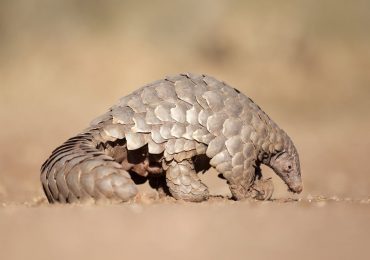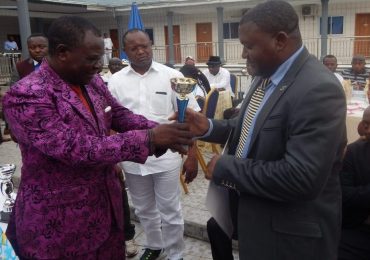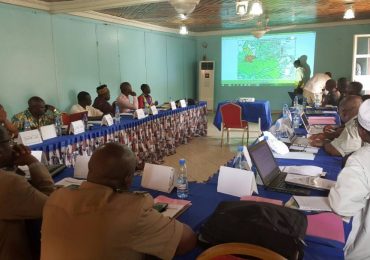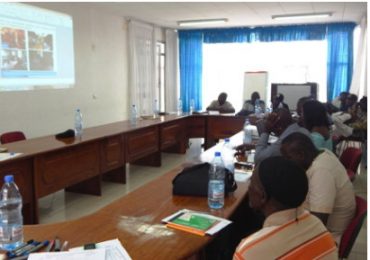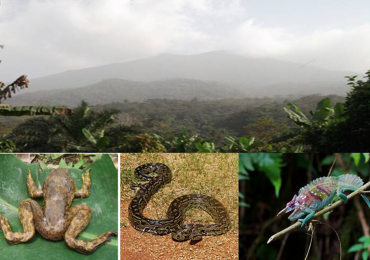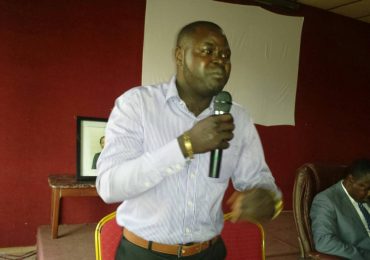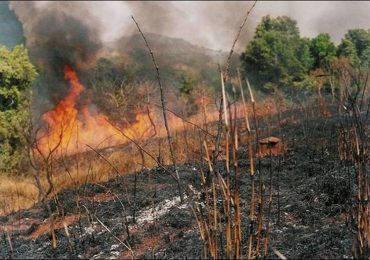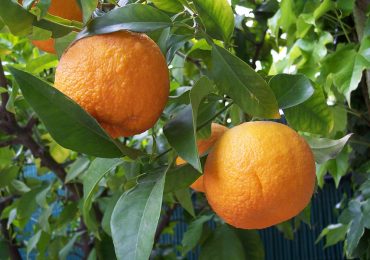
As the economic prospects of Magha-Bamumbu improve due to the Echinops Access and Benefit Sharing (ABS) project, the community has been reminded to make the leap into transactions with partners with caution.
By Ndimuh Bertrand Shancho
During a one-day workshop organised by ERuDeF in collaboration with French Company, V. Man Fils S.A, the ABS Project Coordinator at ERuDeF, Kenmene Lea Alida, told the community hosting the pilot ABS project in Cameroon to have in-depth understanding of the process so that they can give concrete information should any other community or person contact them.
The workshop brought together Wabane Council authorities, the representative of the traditional ruler of Bamumbu and the traditional authorities, village members and elites amongst others.
Kenmene told the villagers that the ABS principle was instituted due to increased awareness that genetic resources may have actual or potential value; the establishment of intellectual property rights on products developed from natural organisms and their genetic resources. It was also as a result of claims by countries that they have rights over these resources and should be consulted before any exploitation.
Kenmene therefore educated the Magha-Bamumbu people on the ABS process in Cameroon imploring them not to cooperate with any company or individual that comes to exploit any genetic resource from their community without following the process. She also reminded the people of their responsibilities and the responsibilities of French company, V. Mane Fils per the Mutually Agreed Term (MAT) signed with the Cameroon government on the Echinops-ABS Project in their community in April 2015.
Tator Nelson recalled that, “Some time ago, some people came here to exploit Prunus africana; met people around the market square and sent them to the bush for very little or nothing as reward. People ran into bush, harvested and supplied the plant and today we no longer have the plant in our community.”
He added, “With the knowledge gained from this workshop, if an ignorant partner comes to exploit any other genetic resource in this community, he will be surprised that we will educate him on the ABS process.”



